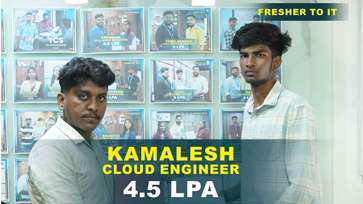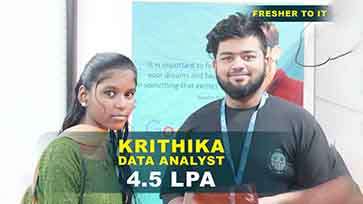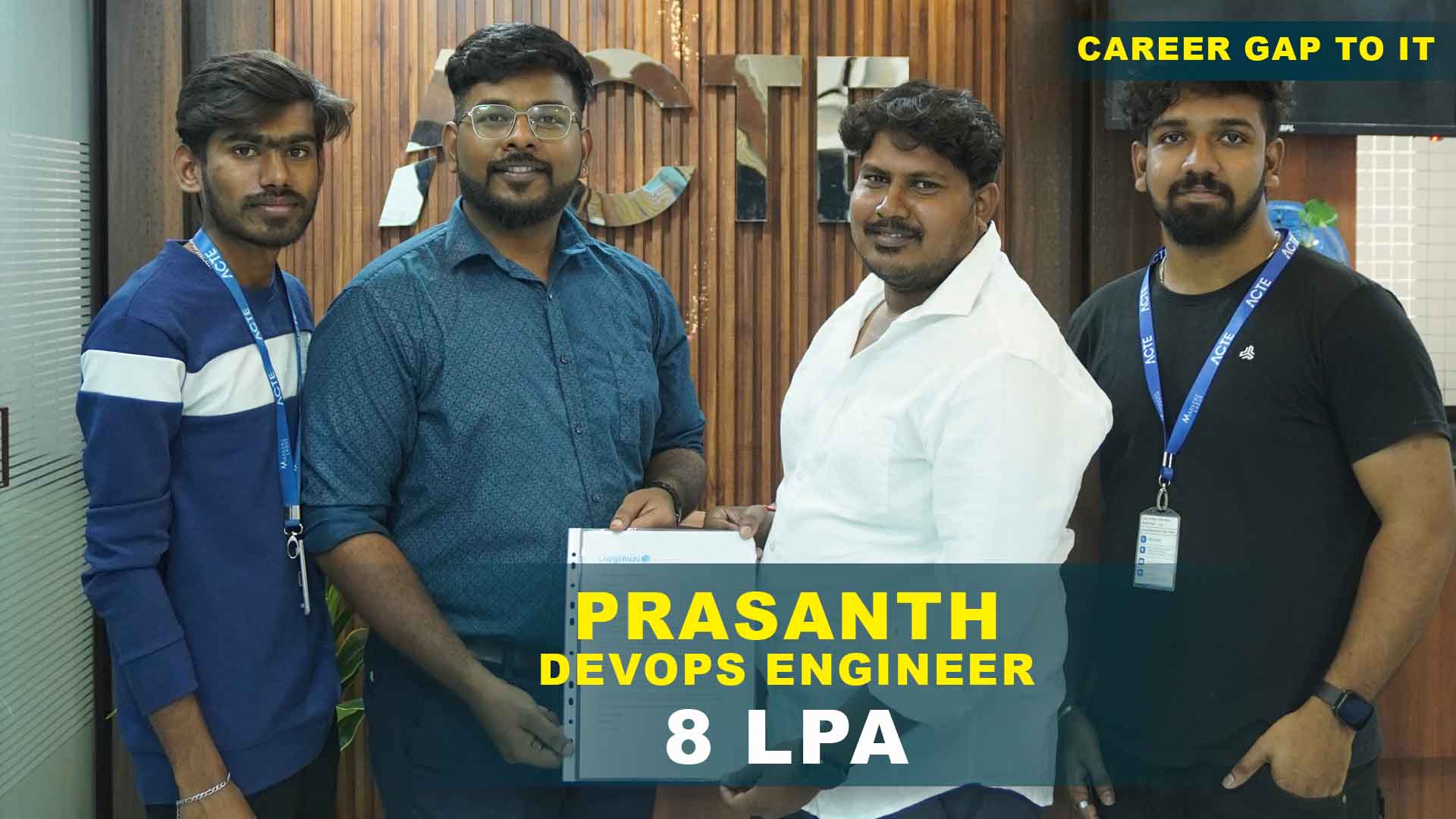550+ Students Placed Every Month Be The Next!
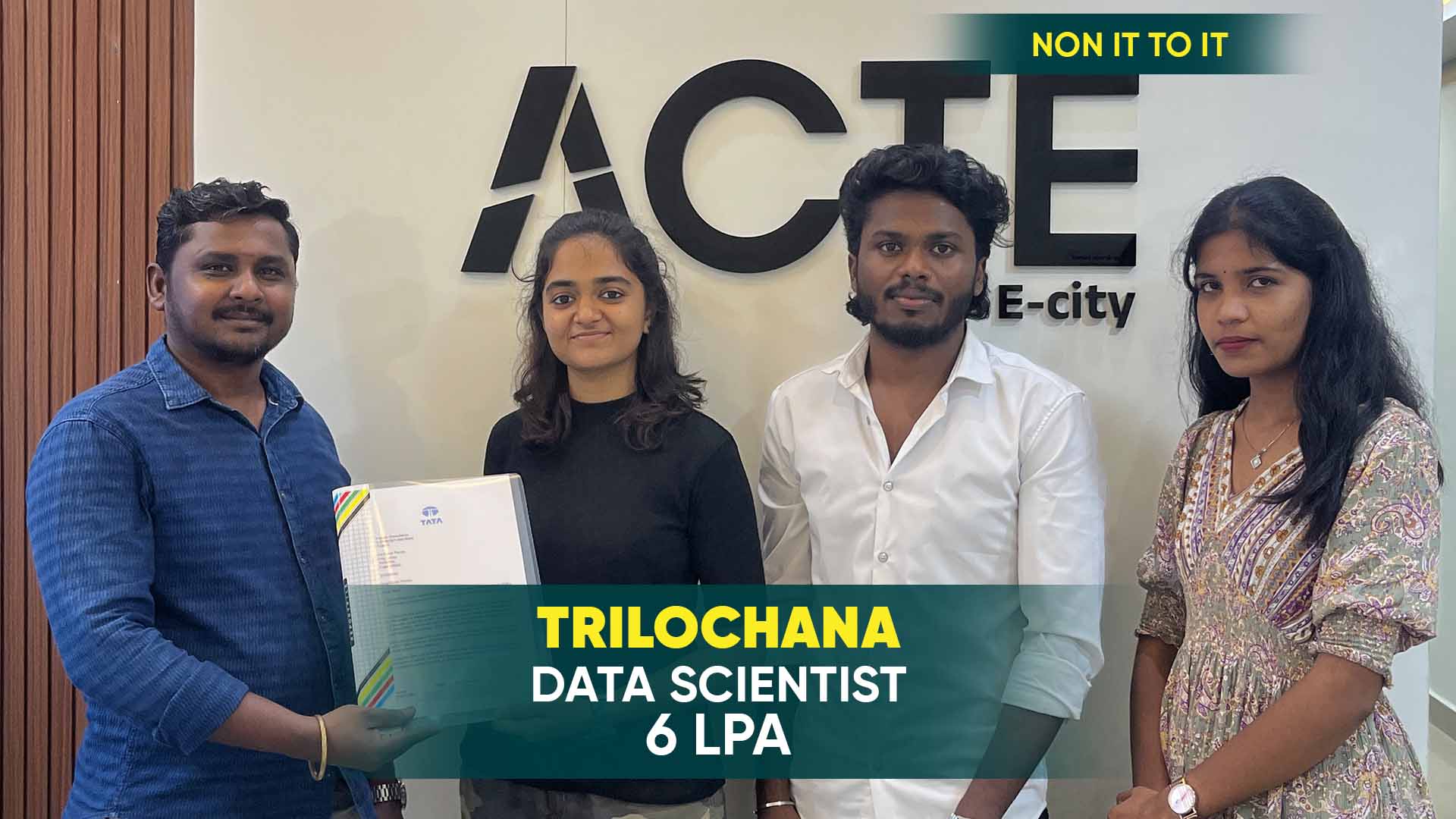
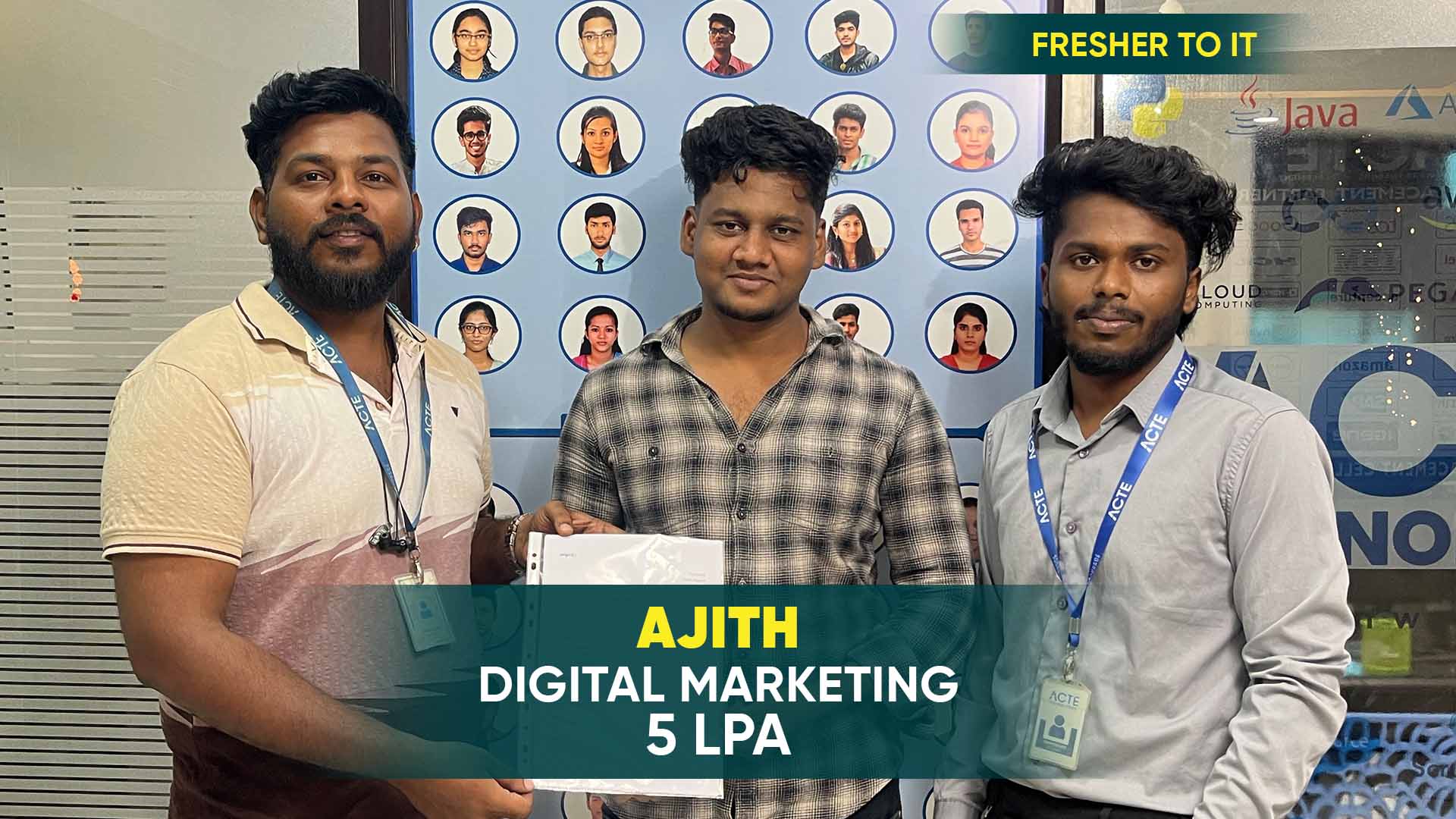
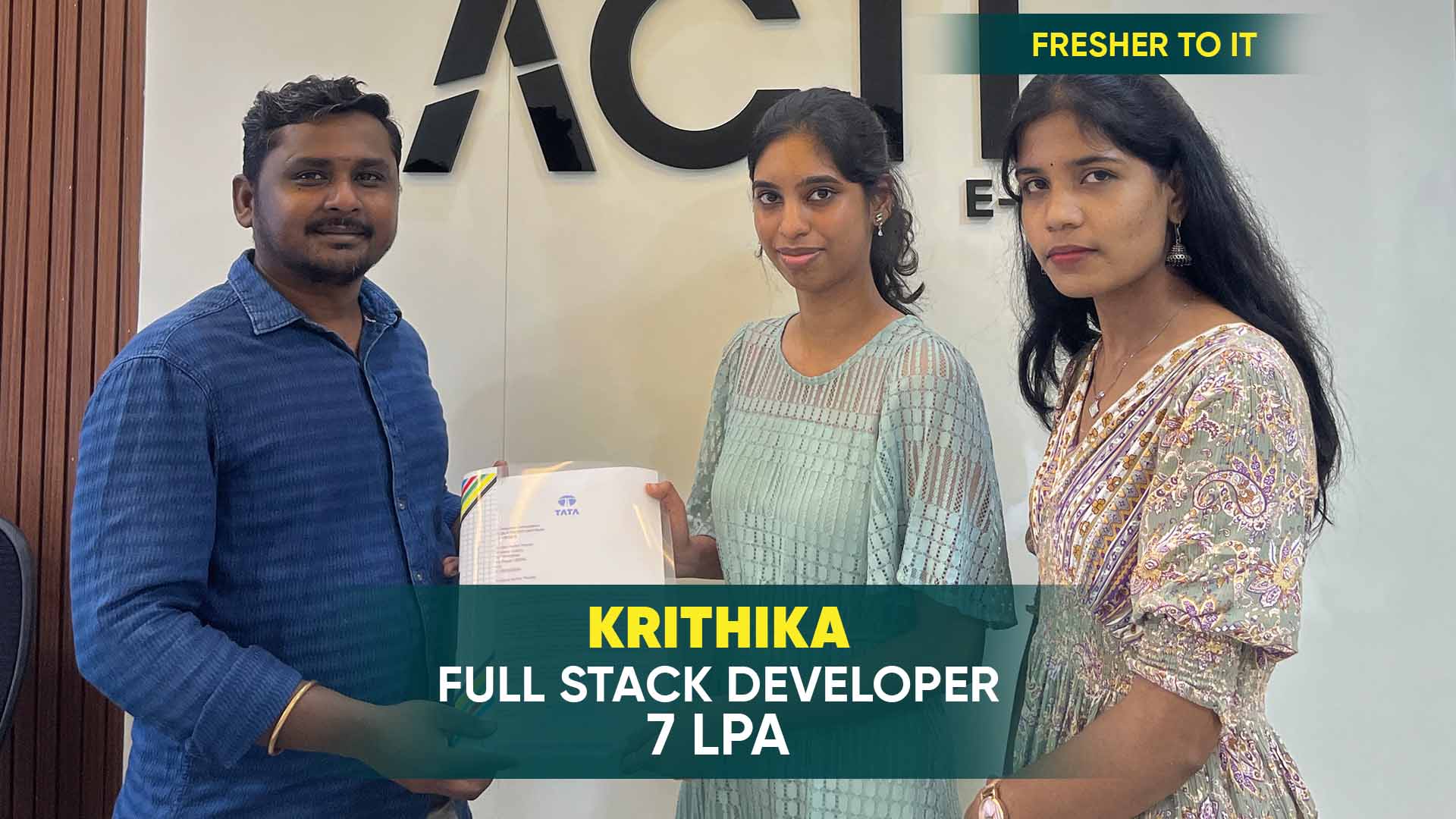
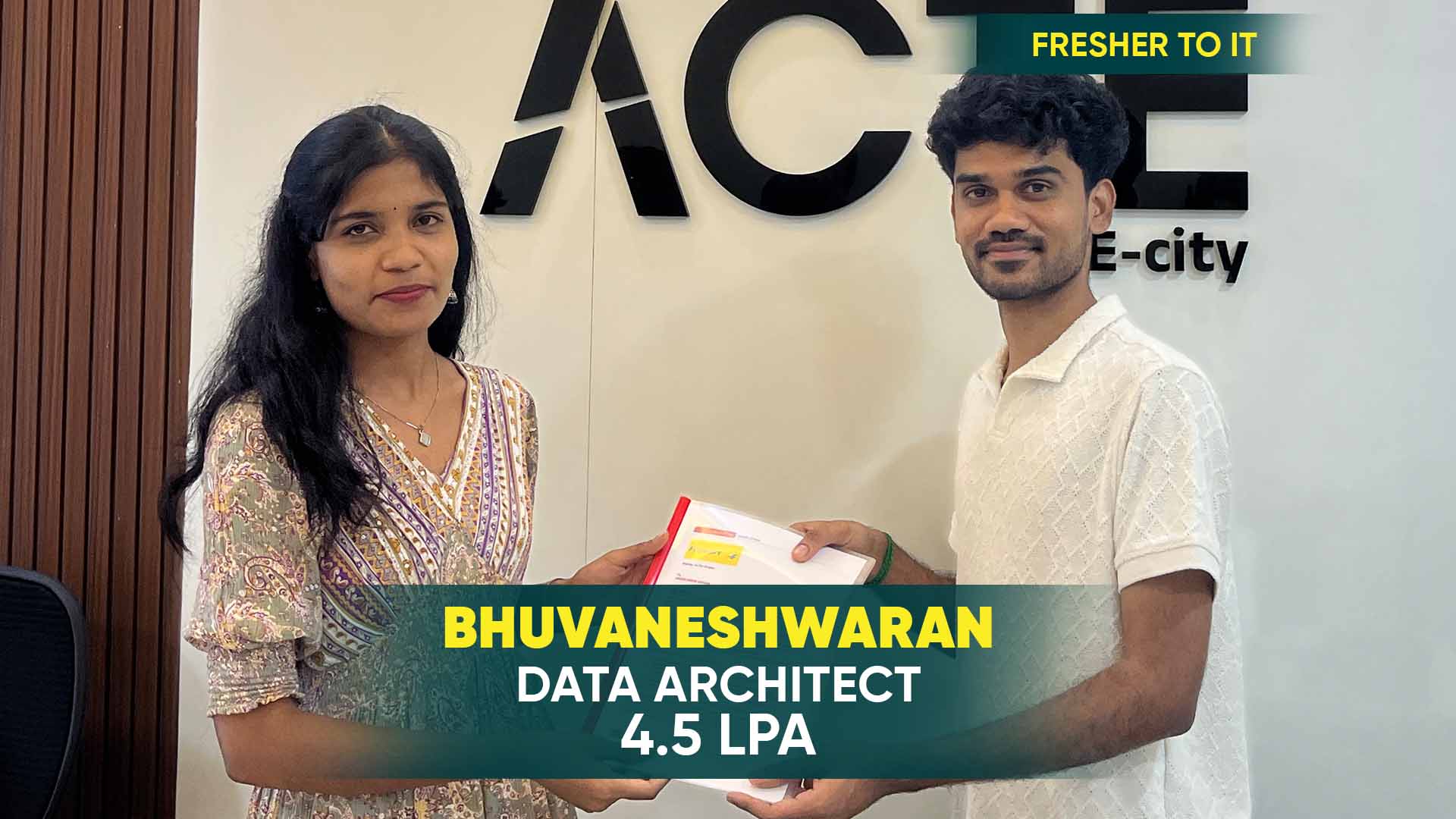
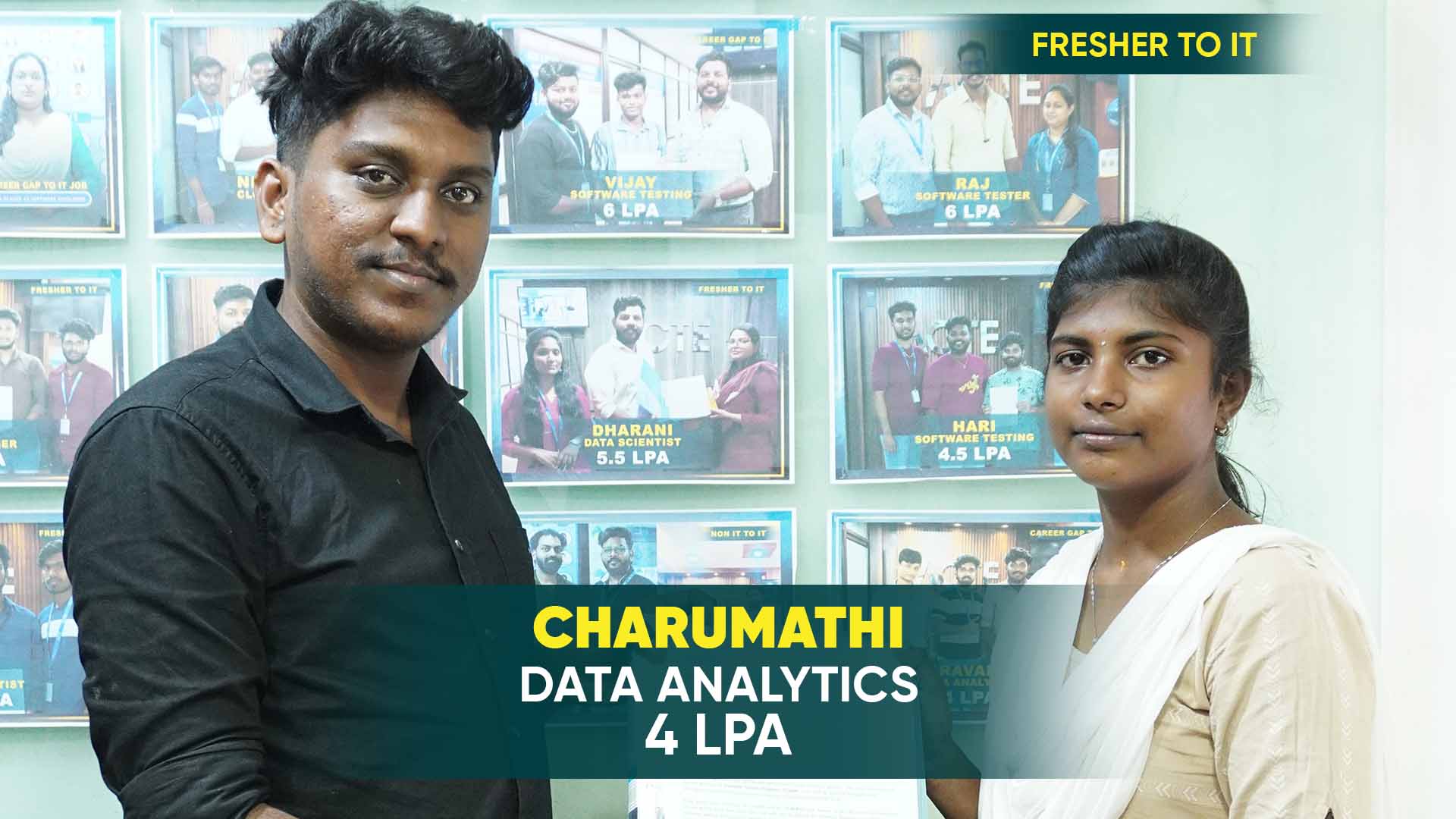
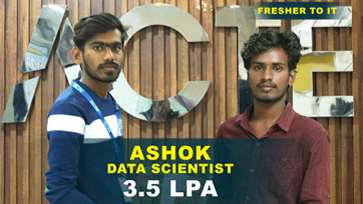




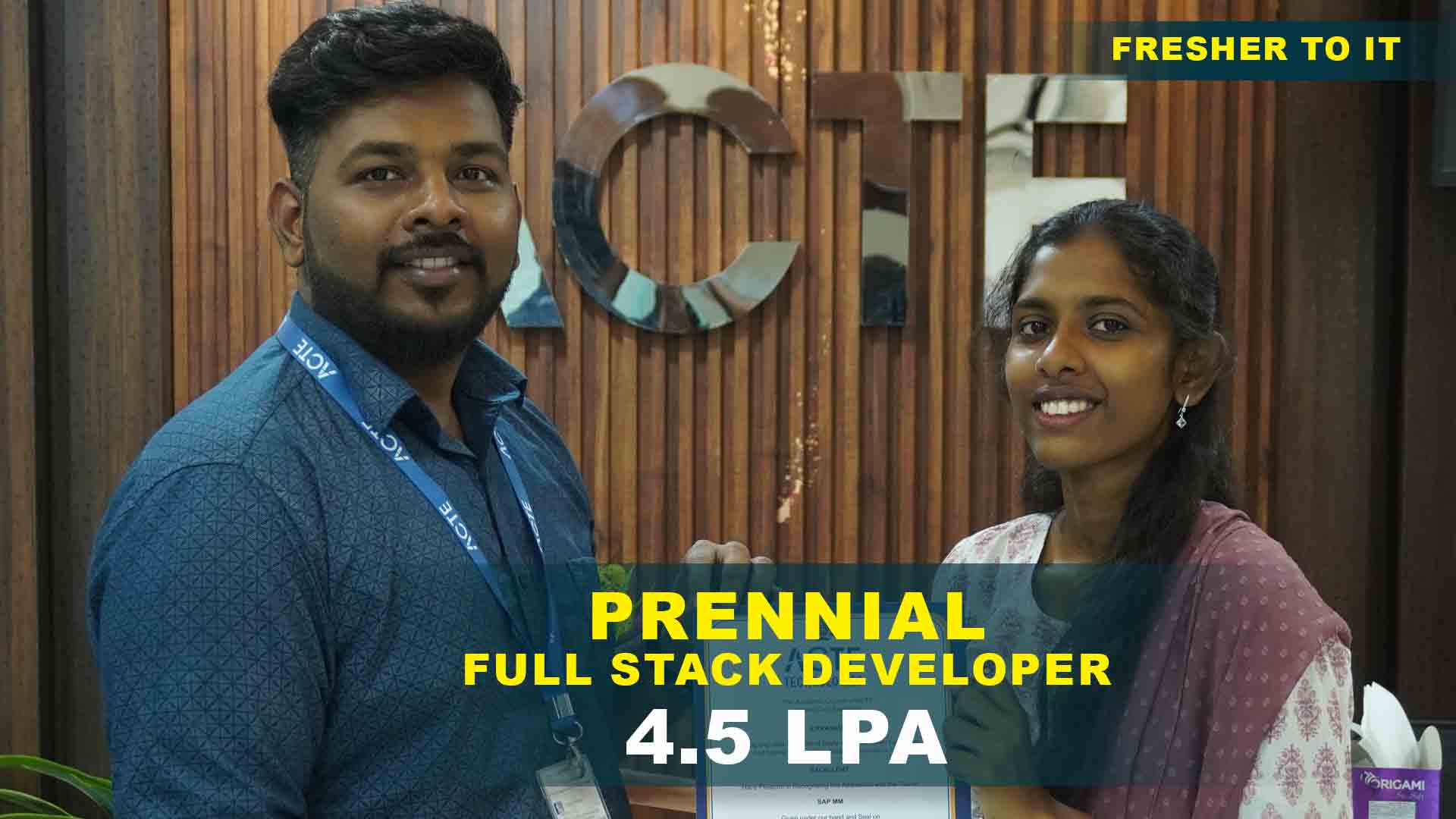
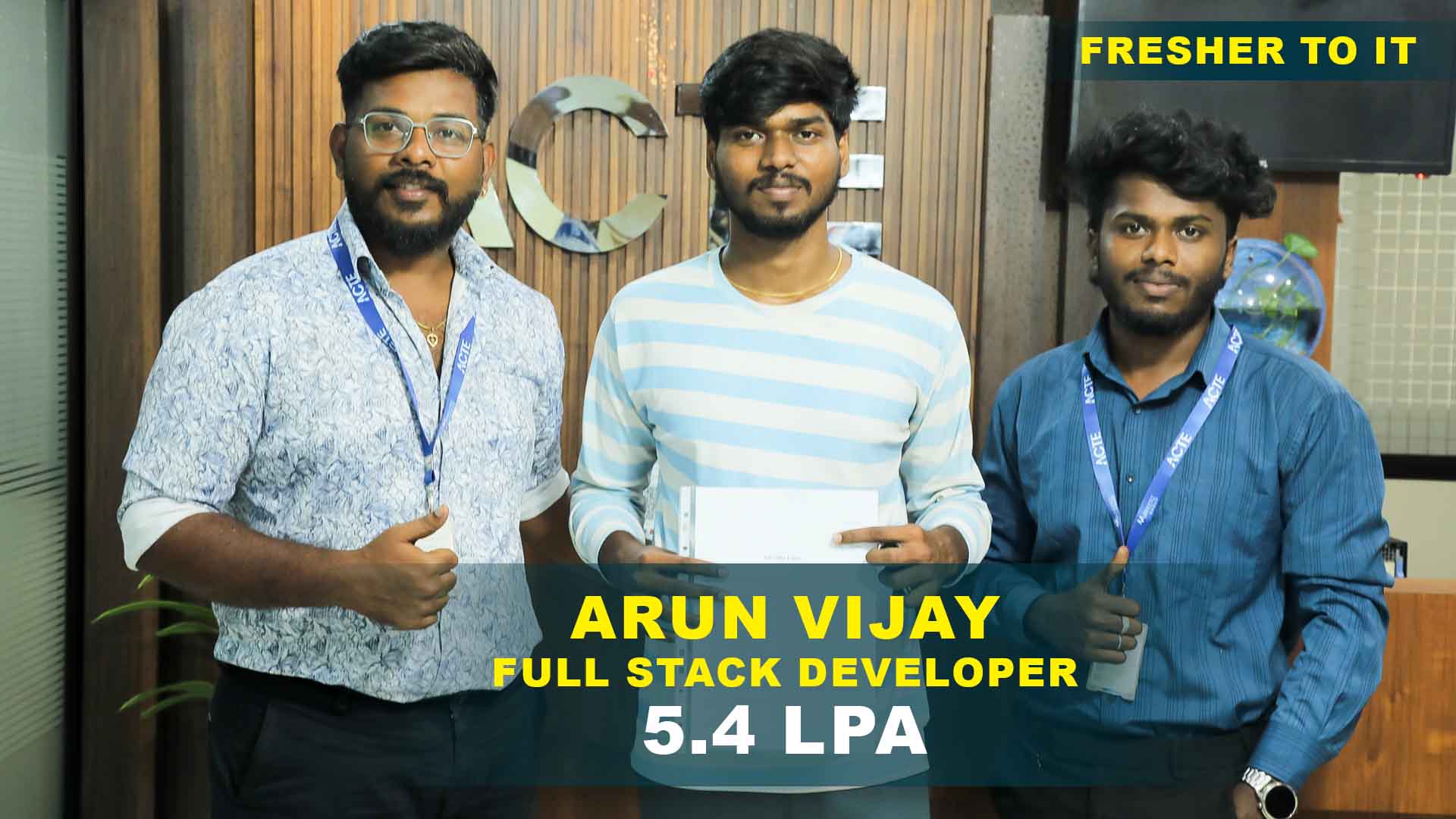

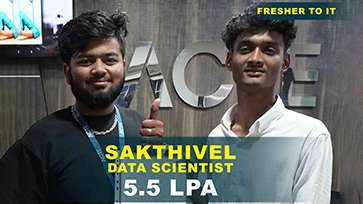
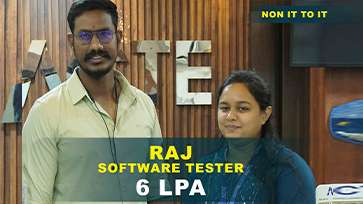
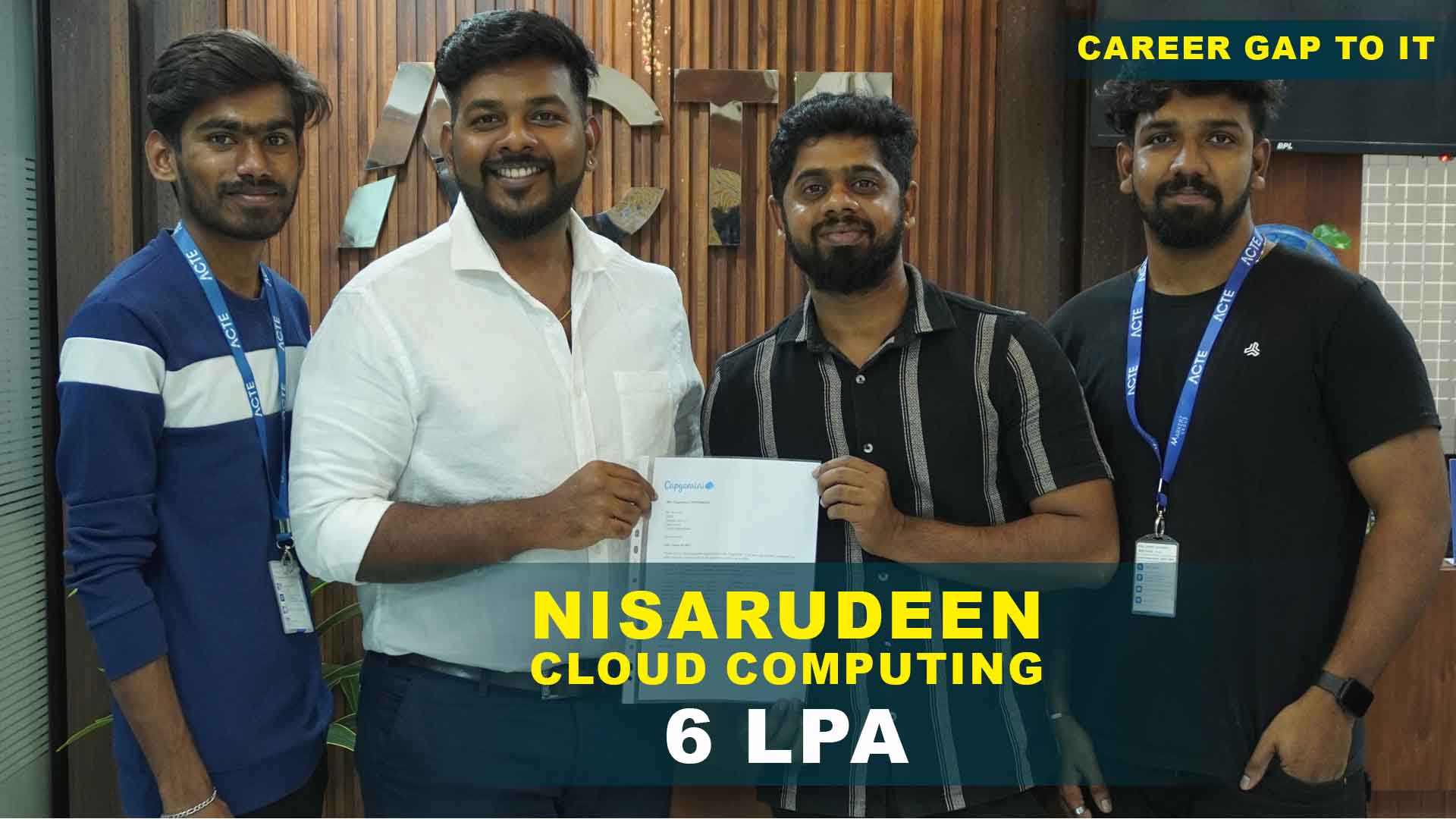
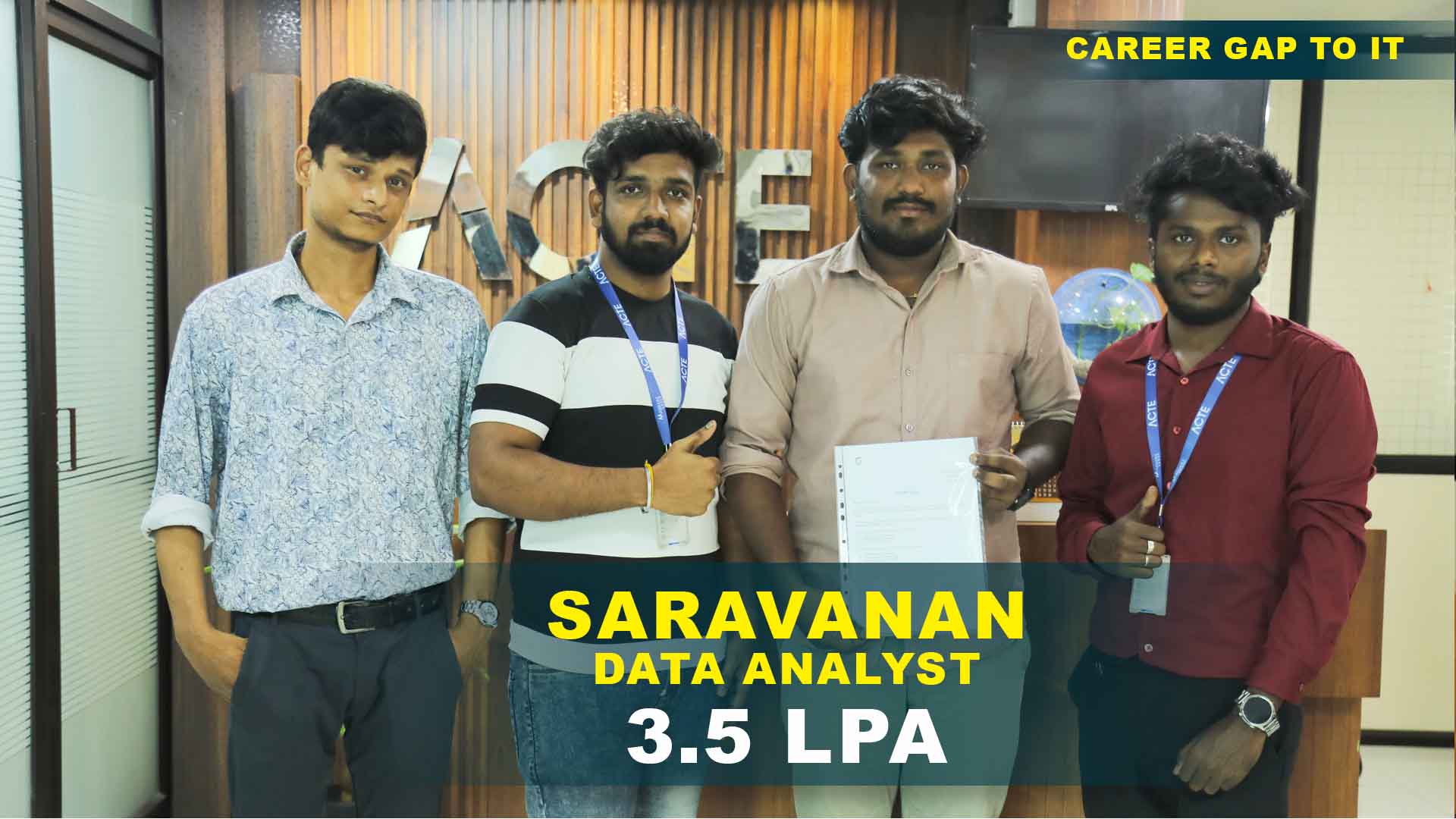
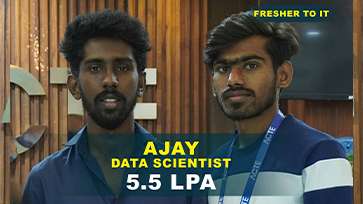


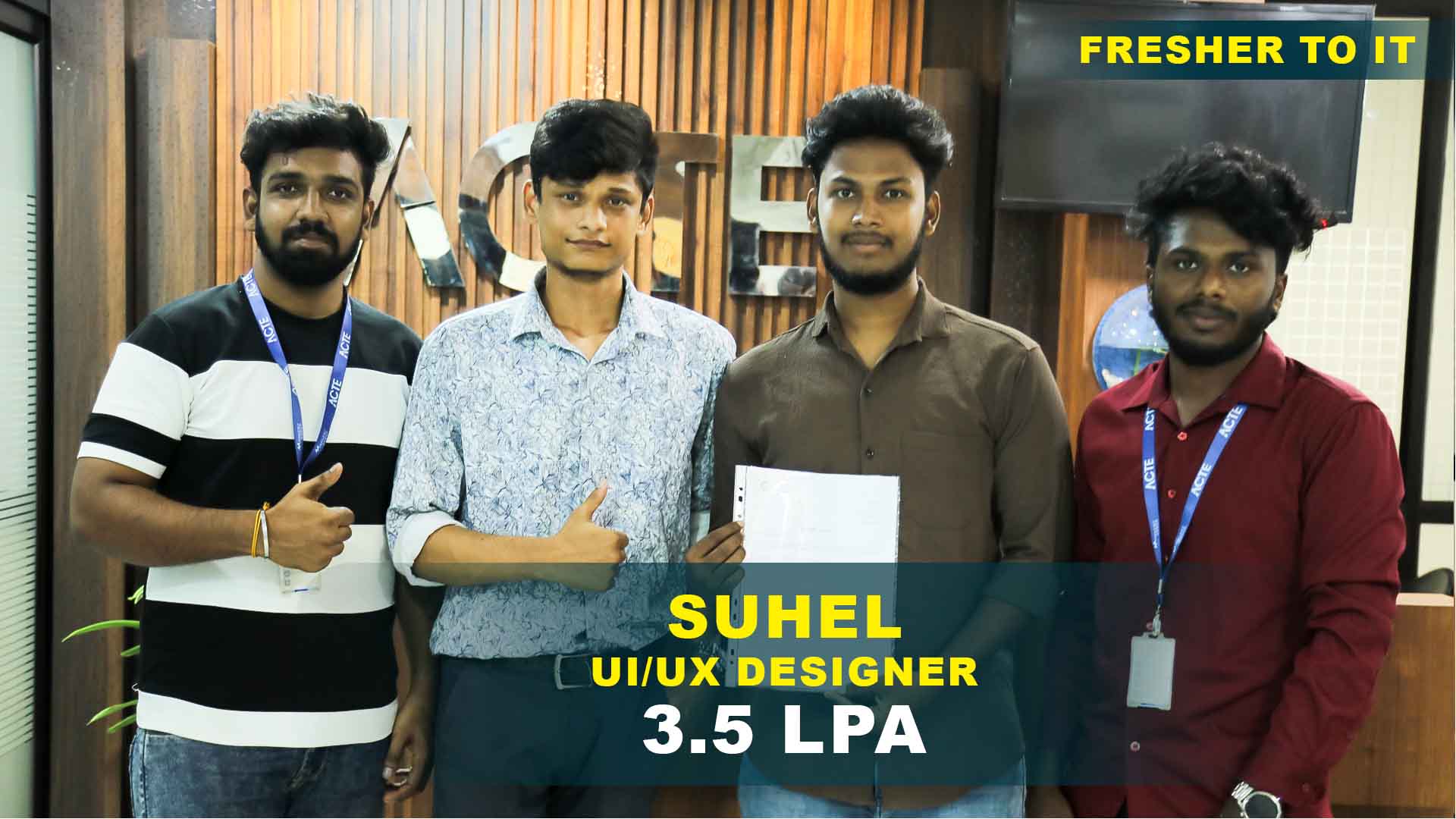
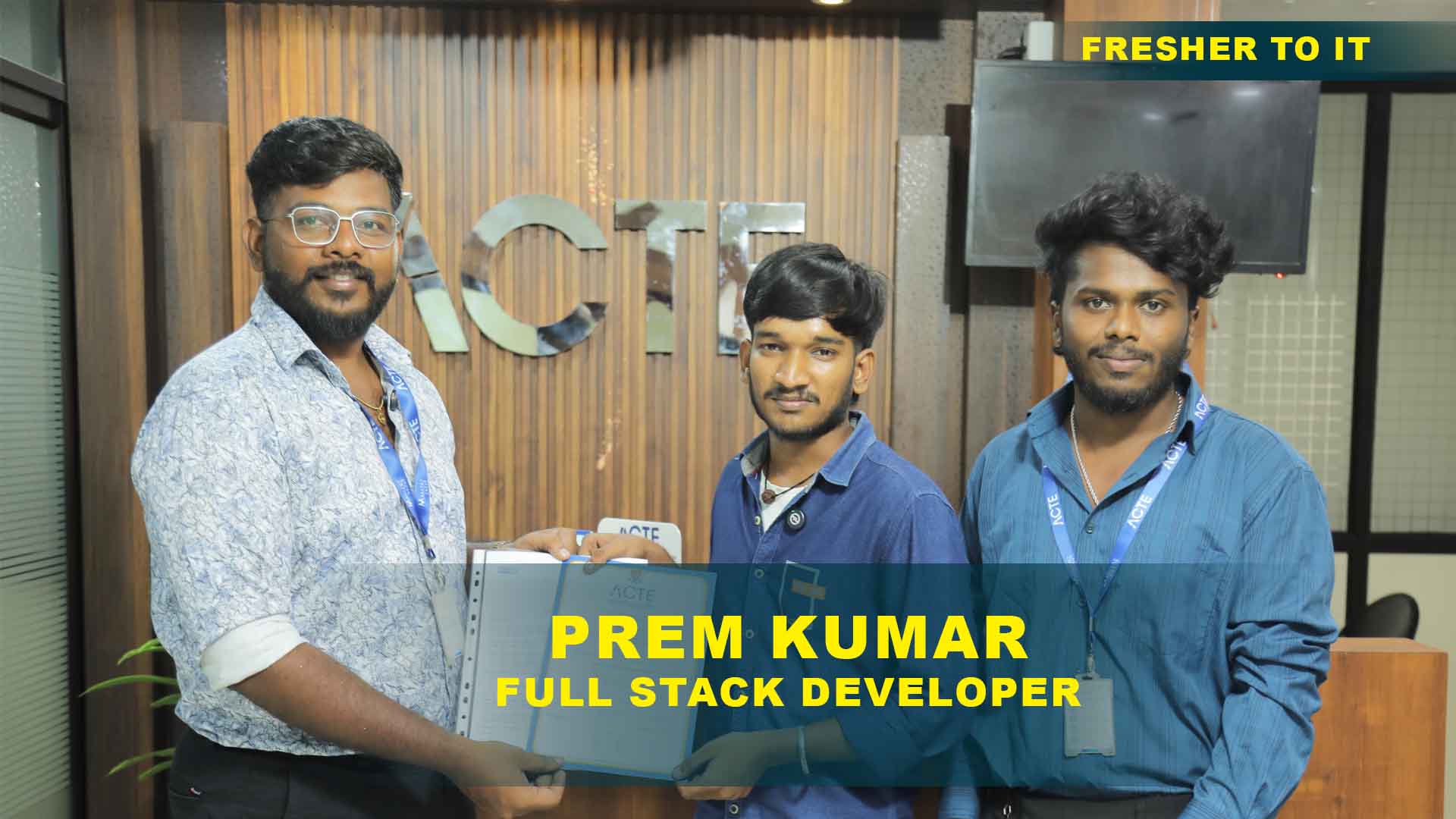


Our Hiring Partners




Curriculum Designed By Experts
Expertly designed curriculum for future-ready professionals.
Industry Oriented Curriculum
An exhaustive curriculum designed by our industry experts which will help you to get placed in your dream IT company
-
30+ Case Studies & Projects
-
9+ Engaging Projects
-
10+ Years Of Experience
Java Program Developer Training Projects
Become a Java Program Developer Expert With Practical and Engaging Projects.
- Practice essential Tools
- Designed by Industry experts
- Get Real-world Experience
Student Management System
Learn the basics of Java syntax, OOP concepts, and data handling through a simple system to manage student records. Implement features like adding, deleting.
Simple Banking Application
Implement basic operations like deposit, withdrawal, and balance check using conditional statements and classes. Enhance understanding of Java methods, loops, and input/output operations.
Calculator App (Console-Based)
Build a basic arithmetic calculator using switch statements and functions for practice in logic flow. Handles operations such as addition, subtraction.
Online Quiz System
Implement question storage, scoring logic, and user interaction using Java Collections and basic I/O. Supports multiple-choice questions, randomized options, and timed responses
Inventory Management System
Practice managing product details and stock updates with file I/O and exception handling. Enables adding, updating, and removing product.
Basic Chat Application
Explore socket programming to enable simple peer-to-peer chat over LAN. Learn about client-server communication, multithreading, and I/O streams in Chat Application.
E-Commerce Application (Mini Version)
Create a functional platform for product browsing, cart management, and checkout flow with JDBC/MySQL integration.
Online Examination Portal
Develop a scalable platform for timed tests, random question generation, and result analysis. Incorporates admin panel, result storage, and secure login functionality.
Banking System with GUI
Use JavaFX or Swing to build a user-friendly GUI with advanced features like transaction history and user authentication. Includes user login, data validation.
Career Support


Placement Assistance

Exclusive access to ACTE Job portal

Mock Interview Preparation

1 on 1 Career Mentoring Sessions

Career Oriented Sessions

Resume & LinkedIn Profile Building
Key Features

Practical Training

Global Certifications

Flexible Timing

Trainer Support

Study Material

Placement Support

Mock Interviews

Resume Building
Upcoming Batches
What's included

 Free Aptitude and
Technical Skills Training
Free Aptitude and
Technical Skills Training
- Learn basic maths and logical thinking to solve problems easily.
- Understand simple coding and technical concepts step by step.
- Get ready for exams and interviews with regular practice.

 Hands-On Projects
Hands-On Projects
- Work on real-time projects to apply what you learn.
- Build mini apps and tools daily to enhance your coding skills.
- Gain practical experience just like in real jobs.

 AI Powered Self
Interview Practice Portal
AI Powered Self
Interview Practice Portal
- Practice interview questions with instant AI feedback.
- Improve your answers by speaking and reviewing them.
- Build confidence with real-time mock interview sessions.

 Interview Preparation
For Freshers
Interview Preparation
For Freshers
- Practice company-based interview questions.
- Take online assessment tests to crack interviews
- Practice confidently with real-world interview and project-based questions.

 LMS Online Learning
Platform
LMS Online Learning
Platform
- Explore expert trainer videos and documents to boost your learning.
- Study anytime with on-demand videos and detailed documents.
- Quickly find topics with organized learning materials.
- Learning strategies that are appropriate and tailored to your company's requirements.
- Live projects guided by instructors are a characteristic of the virtual learning environment.
- The curriculum includes of full-day lectures, practical exercises, and case studies.

Java Master Program Training Overview
IBM WebSphere Java Master Program Training in Chennai – Programmer’s Potential Career Paths
Enrolling in the IBM WebSphere Java Master Program in Chennai opens the door to several high-demand career paths. Graduates can pursue roles such as Java Developer, WebSphere Application Server Administrator, or Middleware Engineer. With enterprise-level skills, you can also target positions in system architecture or cloud integration. Java professionals with WebSphere expertise are sought after in banking, telecom, and enterprise IT services. The program also equips you for DevOps and automation roles using WebSphere tools. Overall, it creates a robust foundation for long-term growth in both development and infrastructure domains.
What Are the Requirements for a Java Master Program Course in Chennai?
- JBasic Programming Knowledge: Familiarity with any programming language like C or Python is helpful to grasp Java concepts easily.
- Understanding of OOP Concepts Basic knowledge of Object-Oriented Programming (OOP) will aid in learning Java’s core architecture.
- Access to a Computer: A laptop or desktop with Java installed is required for practice and project development.
- Logical Thinking Skills: Analytical and logical thinking is essential to develop problem-solving abilities in Java programming.
- Willingness to Learn: A commitment to practice consistently and engage with assignments and project work is key to success.
Reasons to Consider Enrolling in Java Master Program Placement in Chennai
The Java Master Program in Chennai is designed not just for learning but for job placement success. It offers real-time project experience that aligns with industry requirements. The course includes interview preparation, resume building, and mock interviews guided by industry veterans. With strong recruiter connections, students gain direct access to job openings in Chennai and beyond. Certification from a recognized program boosts your credibility in a competitive market. It’s an ideal step for students and professionals looking to transition into high-paying Java roles.
Techniques and Trends in Java Master Program Training in Chennai
- Hands-On Project-Based Learning: The program emphasizes real-time projects to strengthen practical Java coding and architecture design skills.
- Integration with Cloud Technologies: Java is taught in context with AWS and WebSphere cloud platforms for modern enterprise development.
- Use of DevOps Tools: Exposure to Jenkins, Git, and Maven helps students understand Java deployment pipelines.
- Agile and Scrum Methodologies: Training follows Agile-based cycles to simulate real-world team collaboration and delivery.
- Microservices and Spring Boot: Current trends like REST APIs, Microservices architecture, and Spring Boot frameworks are included in-depth.
Advantages of Enrolling in Our Java Master Program Training in Velachery
Individuals aspiring to pursue a career in IT can gain numerous advantages by enrolling in our Java Program Course With Palcement in Velachery. Our program ensures that participants acquire a comprehensive skill set essential for modern software development, as it encompasses both front-end and back-end technologies within its extensive curriculum. Additionally, our hands-on approach includes real-world projects and collaborative activities that enhance problem-solving abilities and practical experience. With tailored career coaching and personalized mentorship aligned with your specific objectives, you will be well-equipped to navigate the technology sector and secure employment.
The Most Recent Java Master Program Tools
The latest Java Master Program training in Chennai equips learners with industry-relevant tools and technologies. Students work with IntelliJ IDEA and Eclipse for efficient code development. Apache Maven is used for project management, while Git ensures version control in collaborative settings. For enterprise-level exposure, tools like WebSphere Application Server and Docker are integrated into the learning process. Spring Boot and Hibernate helps in mastering back-end development. These tools reflect what’s currently used by top employers across the Java ecosystem.
Career Opportunities After Java Program Developer
WebSphere Application Server Administrator
Manages configuration, deployment, and tuning of IBM WebSphere servers. Ensures application uptime and system performance. Requires knowledge of WebSphere, Linux, and scripting.
Java Developer
Design, develop, and maintain Java-based applications across various platforms. Requires strong knowledge of Core Java, OOPs, and backend frameworks. Often works closely with front-end teams and databases. Key in building enterprise-grade applications.
Full Stack Developer (Java)
Handles both front-end and back-end development using Java, Spring Boot, and Angular/React. Proficient in APIs, databases, and UI technologies. Ensures seamless integration between client and server logic. Ideal for product-based companies.
DevOps Engineer (Java Focus)
Manages deployment pipelines and automates Java application releases. Skilled in Jenkins, Docker, Kubernetes, and Git. Supports continuous integration and monitoring in Java-based environments. Bridges the gap between development and operations.
Backend Developer (Java + Spring Boot)
Focuses on building RESTful APIs and scalable backend services. Uses Java, Spring Boot, JPA, and Microservices architecture. Involved in database integration and security handling. Critical in fintech, healthcare.
Java Automation Tester
Builds automated test cases for Java applications using Selenium or TestNG. Works closely with developers to ensure high-quality releases. Must understand Java, test frameworks, and CI/CD tools. In-demand in agile development teams.
Skill to Master
Core Java Programming
Object-Oriented Programming
JDBC and Database Connectivity
Servlets and JSP
Spring Framework & Spring Boot
Hibernate ORM
RESTful API Development
Microservices Architecture
Multithreading and Exception Handling
Version Control using Git
Unit Testing with JUnit/TestNG
Cloud Deployment with Docker & Jenkins
Tools to Master
Eclipse IDE
IntelliJ IDEA
Apache Maven
Git & GitHub
Jenkins
Docker
Postman
MySQL
MongoDB
Spring Tool Suite (STS)
JIRA
IBM WebSphere Application Server
Learn from certified professionals who are currently working.

Training by
Saranya, having 9 years of experience
Specialized in: Java Program Development, DevOps, Continuous Integration/Continuous Deployment (CI/CD), Docker, Kubernetes, Agile Methodologies, and Version Control (Git).
Note: Saranya is recognized for her expertise in container orchestration and her ability to simplify complex backend architectures. Her training bridges the gap between Java development and modern DevOps practices, making her sessions highly practical and industry-ready.
Premium Training at Best Price
Affordable, Quality Training for Freshers to Launch IT Careers & Land Top Placements.
What Makes ACTE Training Different?
Feature
ACTE Technologies
Other Institutes
Affordable Fees
Competitive Pricing With Flexible Payment Options.
Higher Fees With Limited Payment Options.
Industry Experts
Well Experienced Trainer From a Relevant Field With Practical Training
Theoretical Class With Limited Practical
Updated Syllabus
Updated and Industry-relevant Course Curriculum With Hands-on Learning.
Outdated Curriculum With Limited Practical Training.
Hands-on projects
Real-world Projects With Live Case Studies and Collaboration With Companies.
Basic Projects With Limited Real-world Application.
Certification
Industry-recognized Certifications With Global Validity.
Basic Certifications With Limited Recognition.
Placement Support
Strong Placement Support With Tie-ups With Top Companies and Mock Interviews.
Basic Placement Support
Industry Partnerships
Strong Ties With Top Tech Companies for Internships and Placements
No Partnerships, Limited Opportunities
Batch Size
Small Batch Sizes for Personalized Attention.
Large Batch Sizes With Limited Individual Focus.
LMS Features
Lifetime Access Course video Materials in LMS, Online Interview Practice, upload resumes in Placement Portal.
No LMS Features or Perks.
Training Support
Dedicated Mentors, 24/7 Doubt Resolution, and Personalized Guidance.
Limited Mentor Support and No After-hours Assistance.
We are proud to have participated in more than 40,000 career transfers globally.

Java Master Program Certification

While Java certification boosts your chances, it guarantee a job by itself. It significantly strengthens your profile when combined with project work, interview training, and soft skills.
Preparation includes completing all course modules, practicing with real-time projects, revising key Java concepts, and taking mock interviews and coding tests.
The Java Master Program emphasizes hands-on projects to simulate real-world scenarios. It helps in solidifying theoretical concepts and prepares you for technical interviews and job tasks effectively.
Frequently Asked Questions
- Yes, Java certification is designed to support beginners with no prior coding experience.
- It starts from the fundamentals of Java and gradually builds up to advanced concepts through practical learning.
- Students, fresh graduates, working professionals, career switchers, and anyone interested in Java development can benefit.
- It’s ideal for those aiming for roles in software development, backend engineering, or full-stack development.
- After completing the program, you can apply for roles such as Java Developer, Full Stack Developer (Java), Backend Developer, Java Automation Tester, and Web Application Developer.
- Yes, upon successful completion of the training and final project, you’ll receive an industry-recognized certificate that adds value to your resume and job applications.
- Live projects are assigned based on real-world scenarios and are guided by mentors. These projects simulate actual job tasks and help you apply Java concepts in practical environments.
)
